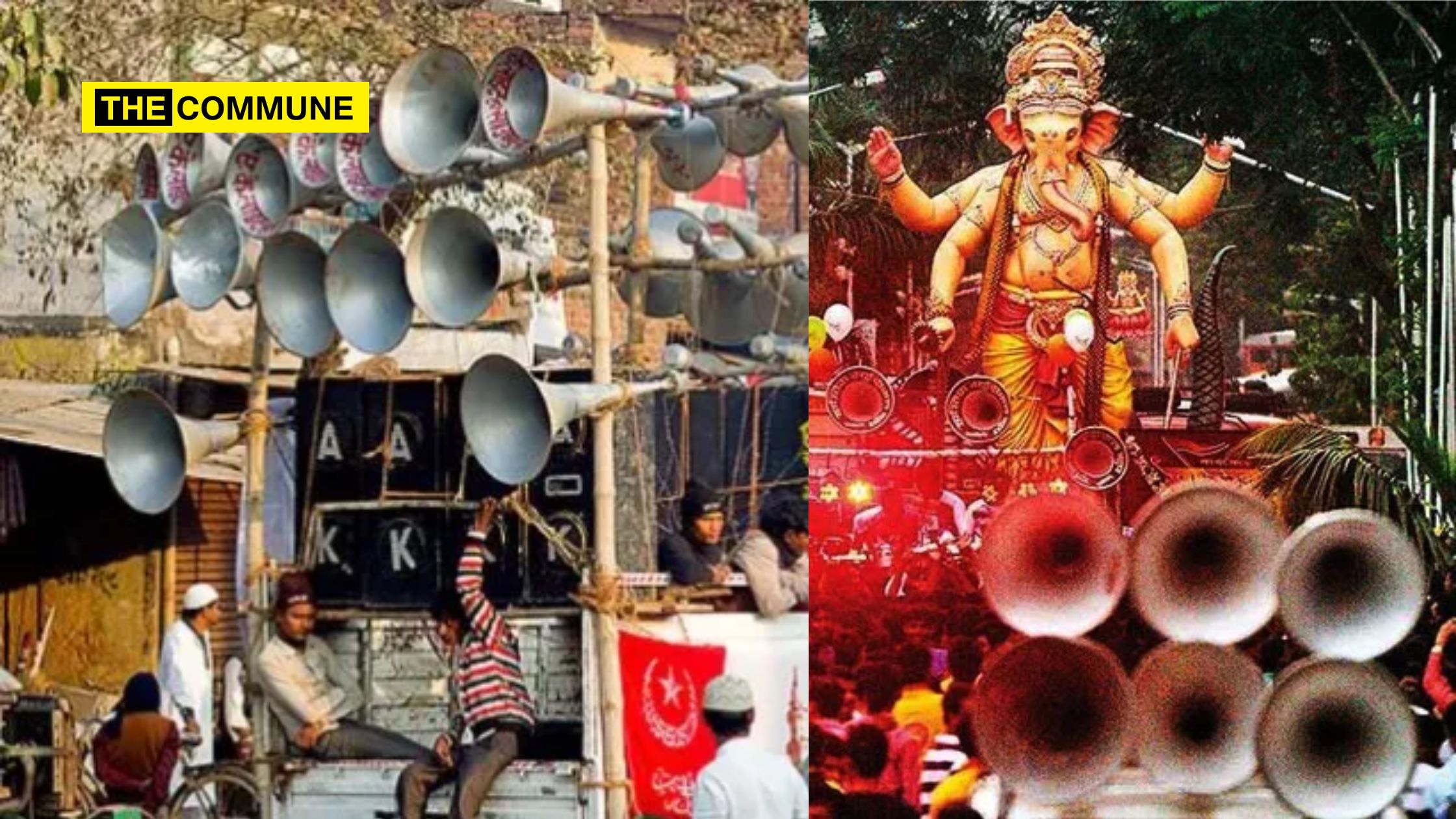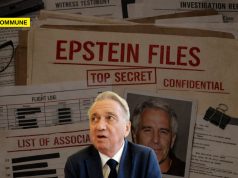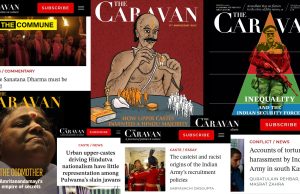
On Wednesday, 18 September 2024, the Bombay High Court made a significant observation, asserting that if the use of loudspeakers and sound systems beyond permissible sound limits is harmful during the Ganesh festival, it is equally harmful during Eid-e-Milad-un-Nabi processions.
A two-judge bench consisting of Chief Justice D.K. Upadhyaya and Justice Amit Borkar was hearing multiple public interest litigations (PILs) that called for a ban on the use of “DJs,” “dance,” and “laser lights” during Eid-e-Milad-un-Nabi processions. The petitioners requested the court to direct civic bodies and police to stop issuing permissions for high-decibel sound systems during the celebration, citing concerns over noise pollution.
The petitioners argued that neither the Quran nor the Hadith prescribes using DJ systems or laser lights to observe Eid-e-Milad-un-Nabi. They urged the court to include Eid in its earlier order concerning noise restrictions during the Ganesh festival.
Referring to its order from August, the bench highlighted that the ban on loudspeakers and sound systems exceeding permissible noise limits during festivals applies to all public celebrations. The Noise Pollution (Regulation and Control) Rules, 2000 govern the permissible noise levels. In response to the petitioners’ request to add Eid specifically to the order, the court remarked that it was unnecessary, as the earlier ruling already applied to public festivals in general.
“If it is harmful during Ganesh Chaturthi, it is harmful during Eid also,” the court asserted while disposing of the petitions.
Regarding the petitioners’ concerns over laser lights, the court demanded scientific evidence to substantiate claims that such lights harm human health. The bench criticized the lack of research, stating, “How do we adjudicate such an issue unless it is proved scientifically that it causes harm to humans?”
Justice Upadhyaya and Justice Borkar emphasized that proper research should be conducted before filing PILs, as the courts rely on well-researched arguments to make informed decisions. “We are not experts. We do not know the ‘L’ of laser,” the bench remarked, underscoring the need for assistance from petitioners in providing relevant evidence.
The case mirrored a similar petition heard by the Supreme Court on Tuesday, 17 September 2024. In that hearing, a bench comprising Chief Justice DY Chandrachud and Justices JB Pardiwala and Manoj Misra refused to entertain a petition to regulate laser lights and loudspeakers during festivals. The Supreme Court upheld a Bombay High Court ruling from April 2024, which had dismissed a PIL challenging the use of sound systems and laser lights in religious processions.
Both courts emphasized the responsibility of citizens to file complaints with local authorities if they believe noise pollution regulations are being violated. Rather than imposing blanket bans, the courts stated that complaints should be handled on a case-by-case basis, with authorities taking action based on the established noise pollution rules.
(With inputs from OpIndia)
Subscribe to our Telegram, WhatsApp, and Instagram channels and get the best stories of the day delivered to you personally.




